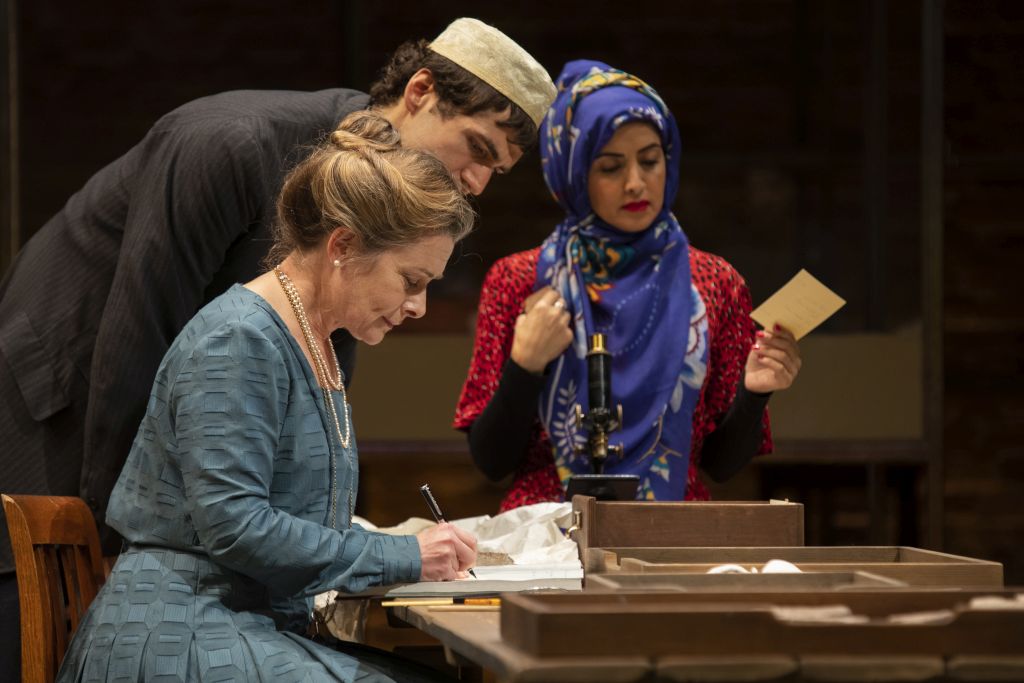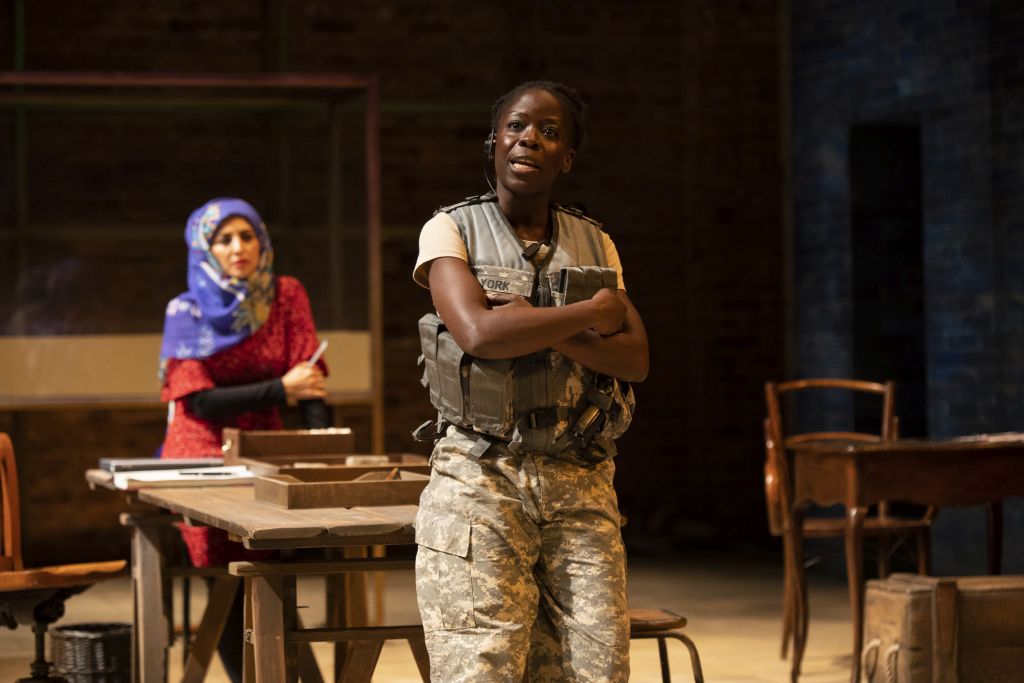It all started in 2009 in the National Portrait Gallery. I’d had a meeting nearby so popped in to get a cuppa and stare at the beautiful rooftop view of London from their top-floor café, but a picture caught my eye. It was part of an exhibition of Victorian Women Explorers, a photograph of a woman with a rather severe face. The label said something like: "Gertrude Bell – Mountaineer, Explorer, Diplomat and Spy. Travelled widely through the Middle East, spoke every dialect of Arabic and Persian and was responsible for drawing the lines of what became modern Iraq. Founder of the Museum of Iraq in Baghdad. Overlooked when the Feminist movement reclaimed historical women in the Seventies because of her anti-suffrage stance". This intrigued and annoyed me in equal measure.
What I soon learned was that Gertrude was a prolific letter writer, diarist and photographer, and around the time of my encounter with her in the National Portrait Gallery, the University of Newcastle were completing the massive task of digitising her archive. As a diligent playwright it was my job to read everything. That task took several months and when I’d finished, I was ready to start writing what I thought was a theatrical biography of this forgotten, disregarded historical figure (chronicled onscreen by Nicole Kidman in the poorly-reviewed film, Queen of the Desert). Here was someone who was as important as TE Lawrence (and his contemporaries) but had been largely abandoned by history. Yet when I mentioned her to my Iraqi friends, they knew of her and often spoke with deep regard of "Miss Bell". So far, so fascinating. Then fortune visited me in the form of an email from the Arab British Centre, detailing an upcoming event – a talk by Dr Lamia Al-Ghailani, a renowned Iraqi archaeologist who was part of the effort to restore the Museum of Iraq in Baghdad after the looting, post-American intervention in 2003. This was the very museum that Gertrude Bell had set up and opened in the months before her death. (Above: Emma Fielding as Gertrude Bell).
Then fortune visited me in the form of an email from the Arab British Centre, detailing an upcoming event – a talk by Dr Lamia Al-Ghailani, a renowned Iraqi archaeologist who was part of the effort to restore the Museum of Iraq in Baghdad after the looting, post-American intervention in 2003. This was the very museum that Gertrude Bell had set up and opened in the months before her death. (Above: Emma Fielding as Gertrude Bell).
The small meeting room at the Arab British Centre was packed to the rafters as Dr Al-Ghailani started her presentation. She explained the circumstances of the looting and what the Museum employees found when they returned. She showed images from before and after the destruction, detailed items that were missing, some that had been destroyed and a few that had thankfully been returned. It was both riveting and heart-breaking.
 It was then I realised that my Gertrude Bell play wasn’t just about Gertrude at all – it was about the Museum as both a symbol and a metaphor for colonialism in the Middle East and further. The play needed to address not one but two time periods: 1926 with the initial opening of the Museum by Gertrude, and 2006 post-looting as the Museum team try to ready it for reopening to the public. My next discovery was the British Institute for the Study of Iraq (Gertrude Bell Memorial). It organises many conferences and events – one of which I was lucky to attend with an American soldier who had special training in archaeology. There were also a host of excellent and informative books available to help me better understand the stories I wanted to tell. (Pictured above: Houda Echouafni, in background, and Debbie Korley)
It was then I realised that my Gertrude Bell play wasn’t just about Gertrude at all – it was about the Museum as both a symbol and a metaphor for colonialism in the Middle East and further. The play needed to address not one but two time periods: 1926 with the initial opening of the Museum by Gertrude, and 2006 post-looting as the Museum team try to ready it for reopening to the public. My next discovery was the British Institute for the Study of Iraq (Gertrude Bell Memorial). It organises many conferences and events – one of which I was lucky to attend with an American soldier who had special training in archaeology. There were also a host of excellent and informative books available to help me better understand the stories I wanted to tell. (Pictured above: Houda Echouafni, in background, and Debbie Korley)
Armed with all this knowledge the most difficult thing then to do was ingest it and infuse the play with it. Figuring out what to dramatise and how best to make the material as theatrical as possible was the work of several years and many other brains in collaboration with mine.
A big moment for me was when I finally got the guts to give a draft to my colleague and friend, the award-winning playwright Hassan Abdulrazzak. Hassan is Iraqi and I was worried what he would think of my play about his country. He read it and called me with notes. I braced myself as I answered, ready for pages and pages of critique. “I’ve just got one thing to say,” he remarked, “in Iraq we have tea with cardamom – not mint.” So having made that tweak, and several (hundred) others, I'm delighted that what now remains is to hand over our play to an audience.
- A Museum in Baghdad is at the Swan Theatre, Stratford-upon-Avon, until 25 January and then London's Kiln Theatre 22 April - 23 May.
- More First Person articles on theartsdesk















Add comment